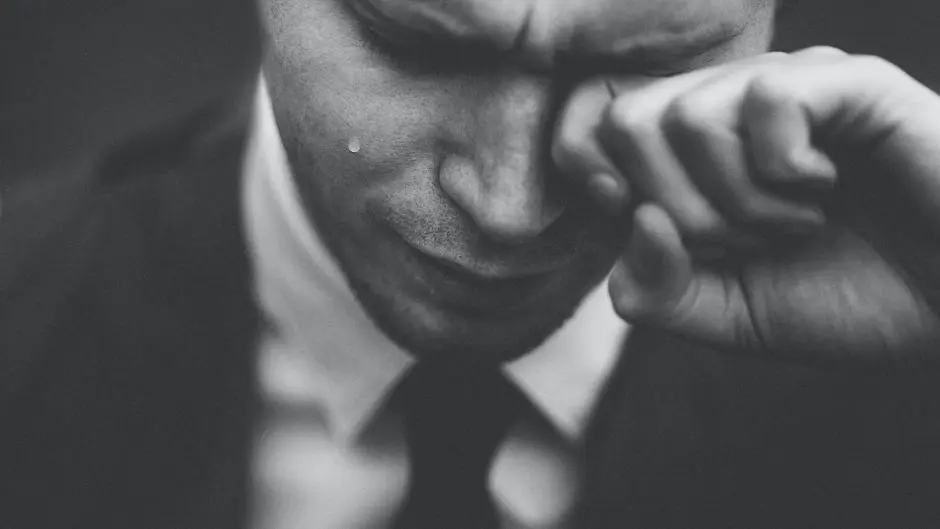Contents
You are wrong if you think that feeling sad or anxious is from weak people
Psychology
The psychologists Inés Santos and Silvia González, from the En Equilibrio mental team, help to banish this myth that leads some people to think that they are weaker if they have uncomfortable emotions
 PM3:18
PM3:18Sometimes we have a fever and that fever is annoying, unpleasant and indicates that something is not working well in our body. It is the alarm that tells us that we are fighting a disease. However, we do not put the label of ‘weak people’ when we feel that fever, but we go to bed or go to the hospital. We consult a professional and take the corresponding medication and follow the guidelines that are dictated to us until that fever passes or we are better.
Just like physical problems or diseases are not chosen and nobody wants to suffer from them, Emotional problems neither are they chosen by the people who suffer them. Nobody wants to go through a depression nor go through moments of anxiety.
And the point is that anxiety or sadness works in the same way as fever. Are the emotional alarms that show that something in our life is not happening as expected, that we are going through a difficult time and that we need to pay attention to what is happening in order to solve it. Pretending it doesn’t exist or trying to hide it will only maintain the problem and worsen the symptoms of anxiety and low mood.
We all feel the same emotions, and we all feel all emotions. People that others see as emotionally stable does not mean that they do not live unpleasant emotions, but the difference with other people lies in their ability to manage them correctly and quickly, allowing them to be smooth and short. Therefore, feeling emotions is not from weak people but from humans. We have to learn that sadness and fear are part of the primary emotions along with anger, disgust, surprise and joy.
In addition, we cannot forget that no one is free to relate to anxiety and depression at some point in their life, be it directly or indirectly. There is no protective shield that makes us immune to these emotional problems, as there is no shield that makes us immune to general health problems, traffic accidents or sports injuries.
What do exist are the protective factors that we can put in place so that when those emotions appear in our lives we can manage them effectively. One of those protective factors is going to be the thought control trying to improve the way we treat each other (that we treat each other with kindness, acceptance and understanding) when we are going through these difficult times.
Inés Santos has a degree in Psychology from the UCM and specialized in Evidence-based Clinical Psychology, Child-Adolescent Behavior Therapy and Systemic Family Therapy. She is currently doing her thesis on gender differences in depressive disorders and has participated in numerous national and international conferences. She has extensive experience in teaching, as a supervisor of the PsiCall Telematic Psychological Attention Service of the UCM and a tutor in the Master’s Degree in General Health Psychology of the UCM, as well as a professor at the European University. In addition, she is the author of different clinical psychology guides.
Silvia González, who is also part of the ‘In Mental Balance’ team, is a psychologist with a master’s degree in Clinical and Health Psychology and a Master’s degree in General Health Psychology. She has worked at the University Psychology Clinic of the UCM, where she has also been a tutor to the students of the University Master’s Degree in General Health Psychology. In the field of teaching, he has given informative workshops in numerous institutions such as ‘Emotional understanding and regulation workshop’, ‘Workshop to improve public speaking skills’ or ‘Exam anxiety workshop’.









